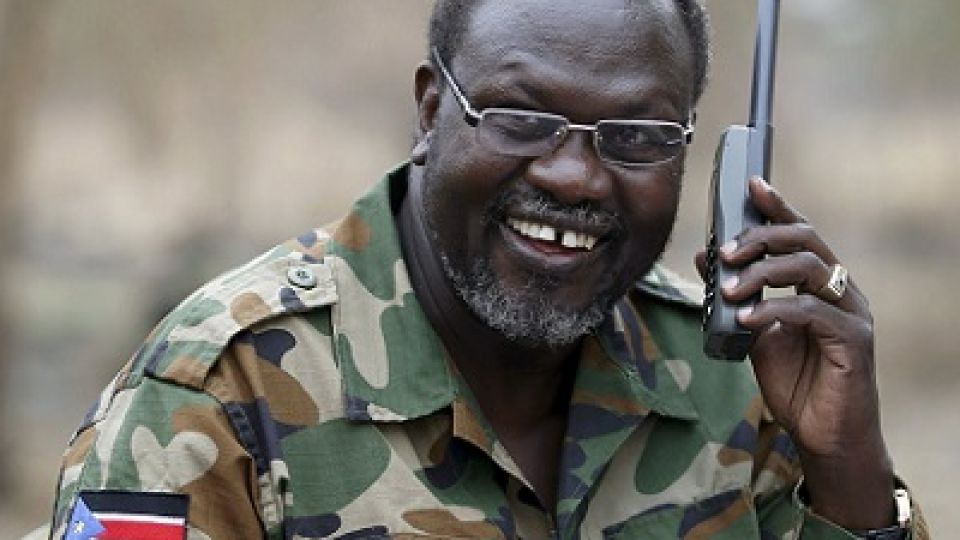from RAJI BASHIR in Khartoum, Sudan
Sudan Bureau
KHARTOUM, (CAJ News) – WITH key institutions and legal frameworks yet to be established and a stalled constitution-drafting process, Sudan is in a race against time to hold long-delayed elections at the end of 2024.
The government is adamant the polls, set to be the first post-independence in 2011, will go ahead.
The situation on the ground, with 15 months remaining, yet indicates the country synonymous with conflict will not meet this deadline.
Should the elections be held, it remains to be seen if they would be credible as the world’s newest country suffers recurrent inter-communal violence and a massive influx of returnees and refugees continuing to worsen the already dire humanitarian situation.
The issue of elections is a source of international divisions, as evidenced by deliberations at the United Nations (UN) Security Council. Polls were initially set for 2023 but in 2020, parties in the inclusive government agreed a postponement.
UN’s top envoy in the country noted time is of the essence for South Sudan to realise the goals of the Revitalised Peace Agreement and its road map for elections set for December 2024.
Nicholas Haysom, Special Representative of the Secretary-General and Head of the United Nations Mission in South Sudan (UNMISS), said in addition to the lack of key institutions and legal frameworks as yet and the stalled constitution-drafting process, “critical questions remain unanswered.”
These, according to the envoy, include the type of elections to be held, voter-registration requirements, how electoral boundaries will be determined and the nature of participation by refugees and internally displaced persons.
“Of particular importance is the Constitution-drafting process, to be carried out in an environment that respects the freedoms of expression, association and peaceful assembly and encourages civic engagement,” Haysom said.
According to the road map, the process is 12 months behind schedule, he observed, thus stressing the urgent need to recalibrate priorities within the remaining transitional period.
The envoy nonetheless highlighted “modest progress” made since his last briefing, in June.
He highlighted the passage of the National Elections Act to its third reading in parliament, the establishment of a joint task force among the transitional government, African Union, Intergovernmental Authority on Development (IGAD) and the United Nations to coordinate support for constitutional and electoral processes.
The electoral security-planning has commenced. The initial election-budget discussion within the government also resumed.
President Salva Kiir Mayardit, has assured that the country will not return to war and “the path forward is elections in December 2024.”
The country had spilled to war in 2013 after Mayardit fell out with his deputy, Riek Machar.
They formed a government of national unity in 2020, after a war that claimed an estimated 400 000 lives.
Machar is the First Vice President in this inclusive administration.
Akuei Bona Malwal, Permanent Representative of South Sudan to the UN, said despite the slow implementation of the Revitalised Peace Agreement, the parties remained committed to its logical conclusion “both in letter and spirit,” which will allow for general elections to be held.
He pointed out that the dire humanitarian situation, the latest the conflict in Sudan, were conditions beyond the government’s control.
Around 260 000 individuals had crossed the border from Sudan to South Sudan, fleeing the conflict that began in April.
South Sudan, with limited resources also grappling with food insecurity, floods and delayed rainy season, is struggling to cope.
The planned elections have been a source of divisions at the UN, highlighting the prevailing geopolitical tensions.
Alexandre Olmedo, the French envoy, expressed concern over the lack of progress in the drafting of a permanent constitution and the preparation of elections.
“International support can only materialise if the authorities create the conditions for a credible debate and democratic elections, with the inclusion of civil society, women and youth,” Olmedo said.
The United States’ Robert Wood said he was “disappointed about the lack of progress by the Transitional Government of South Sudan’s implementation of the Revitalised Peace Agreement and the road map.”
Dai Bing, China’s Deputy Permanent Representative to the UN, asked the international community to maintain “necessary patience” and respect the sovereignty of South Sudan, while providing support for its political process and election preparations.
Further, the development and management of oil resources that bear on the country’s economy and livelihoods should be decided by the South Sudanese government and people.
He was alluding to the sentiment that influential countries destabilise resource-rich African countries in order to exploit their resources.
“Countries outside the region should not interfere,” Bing said.
– CAJ News

